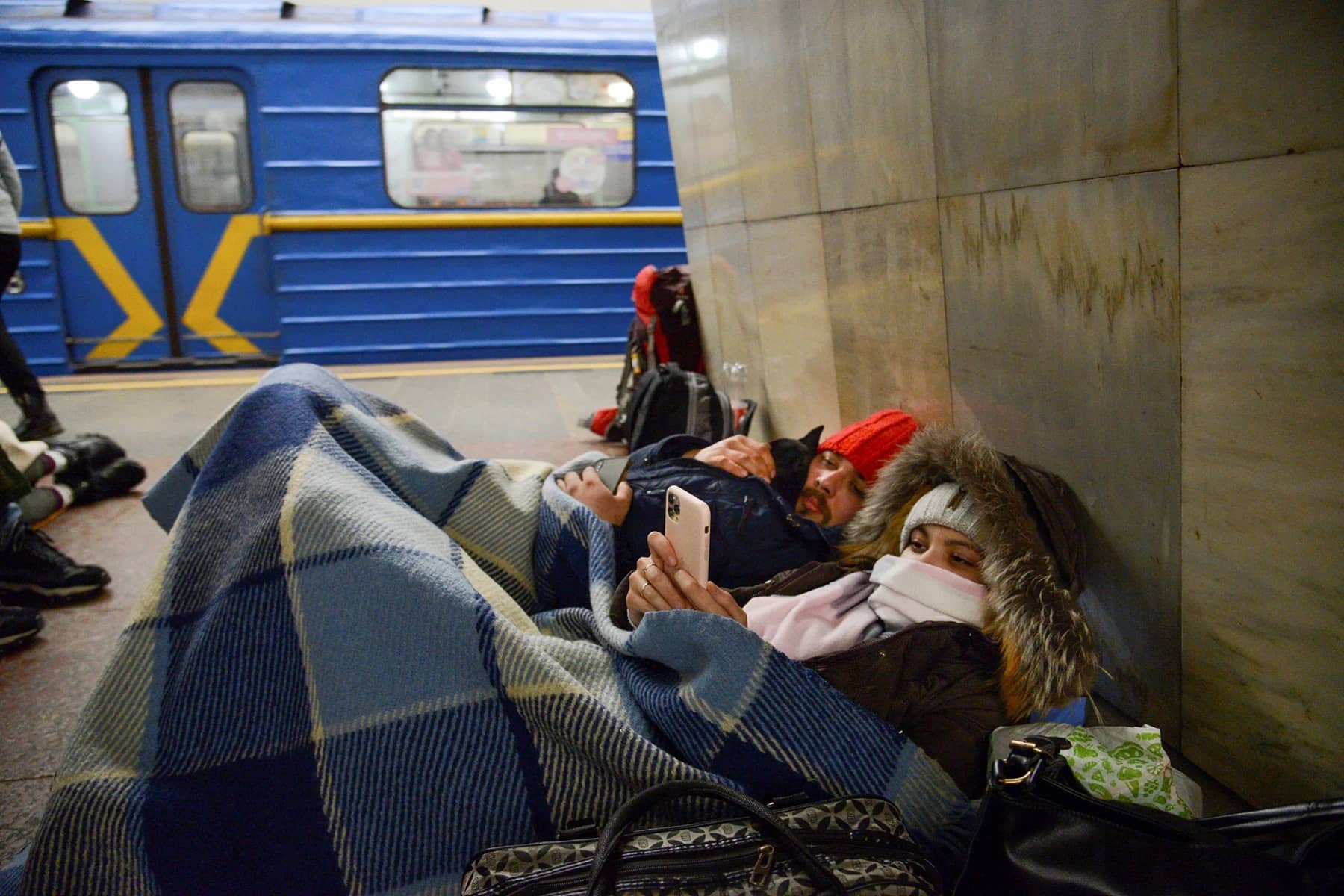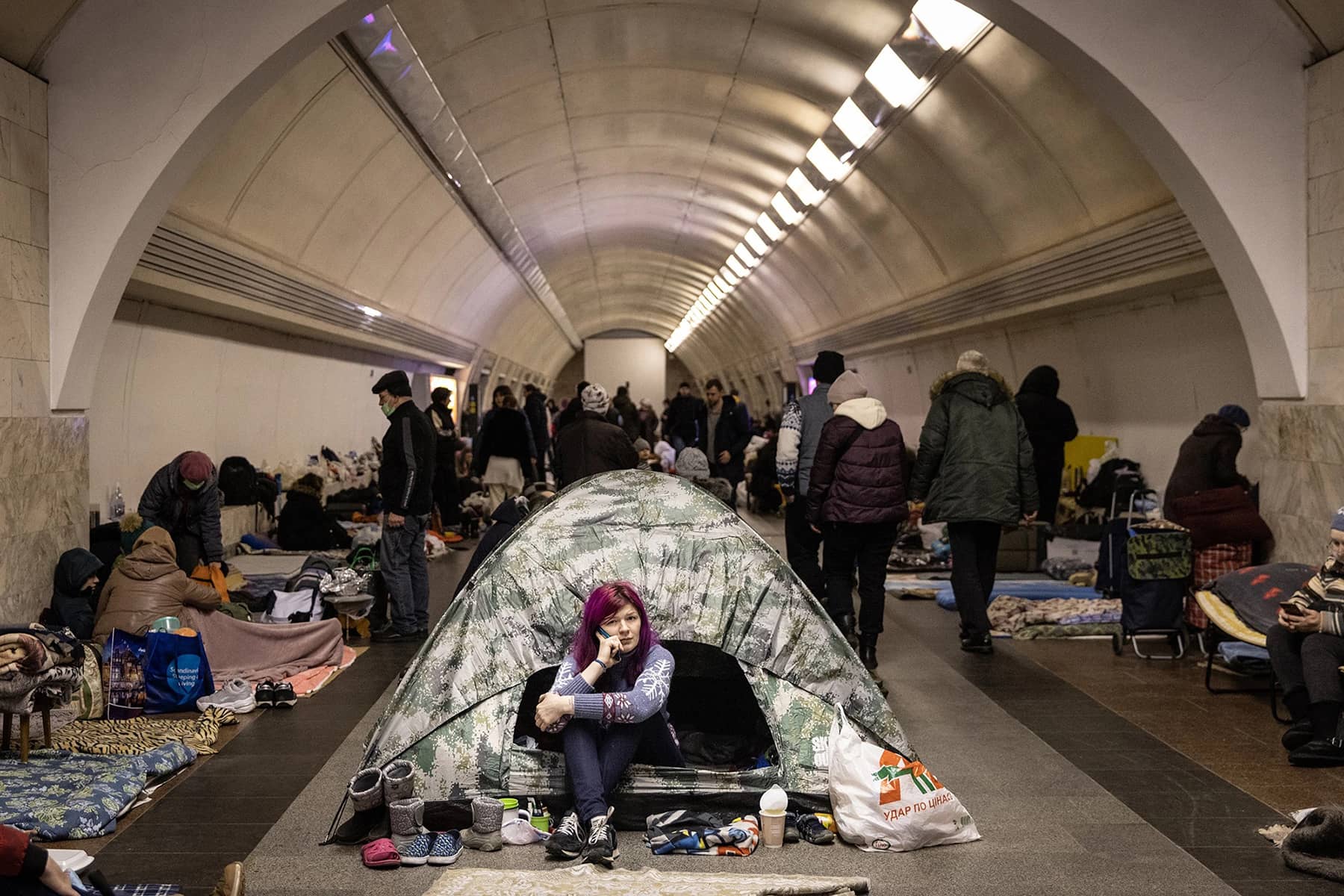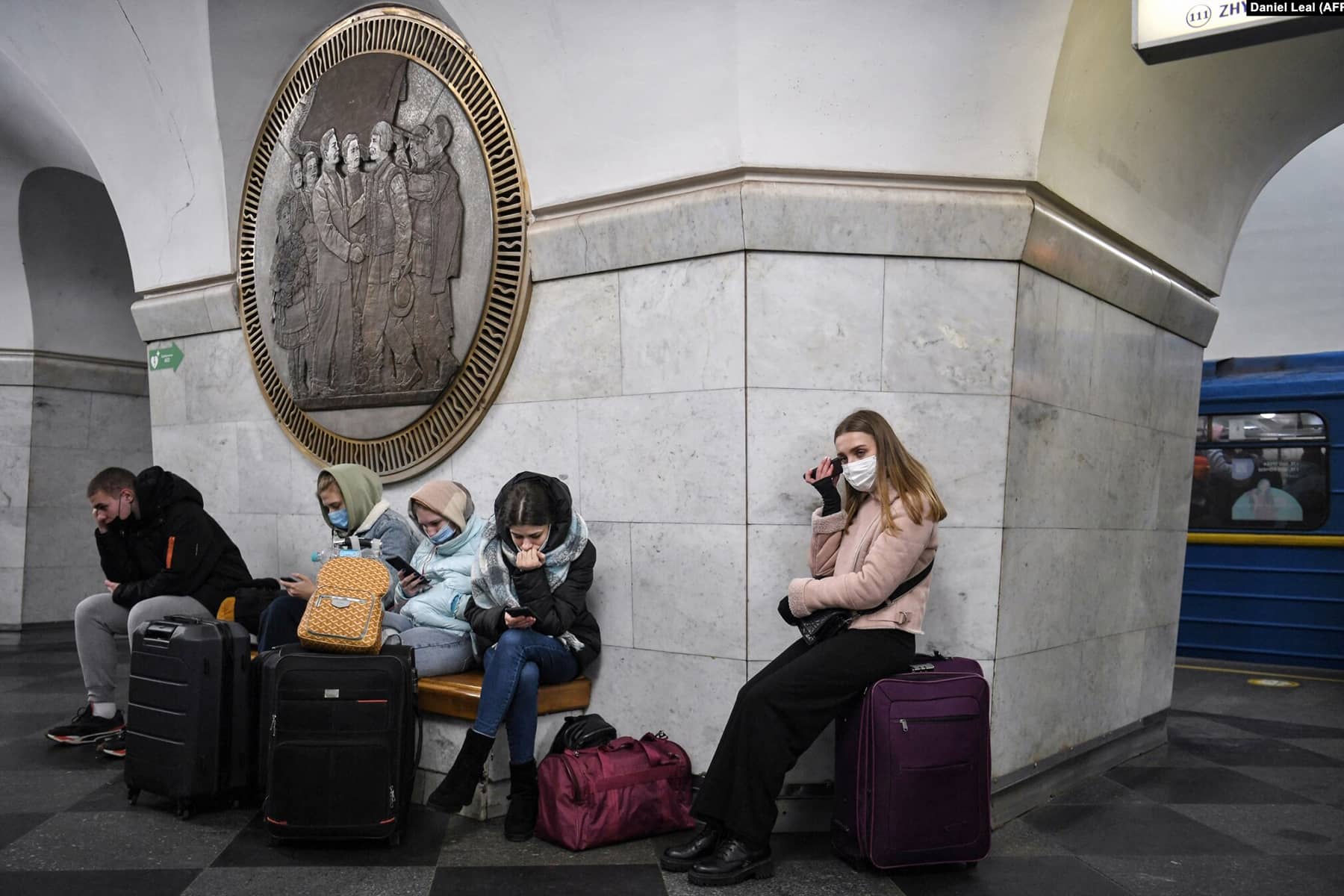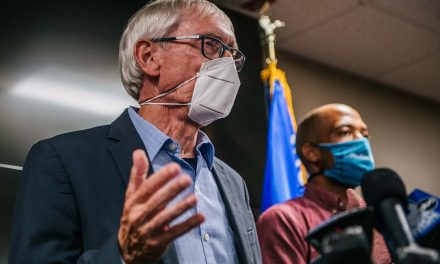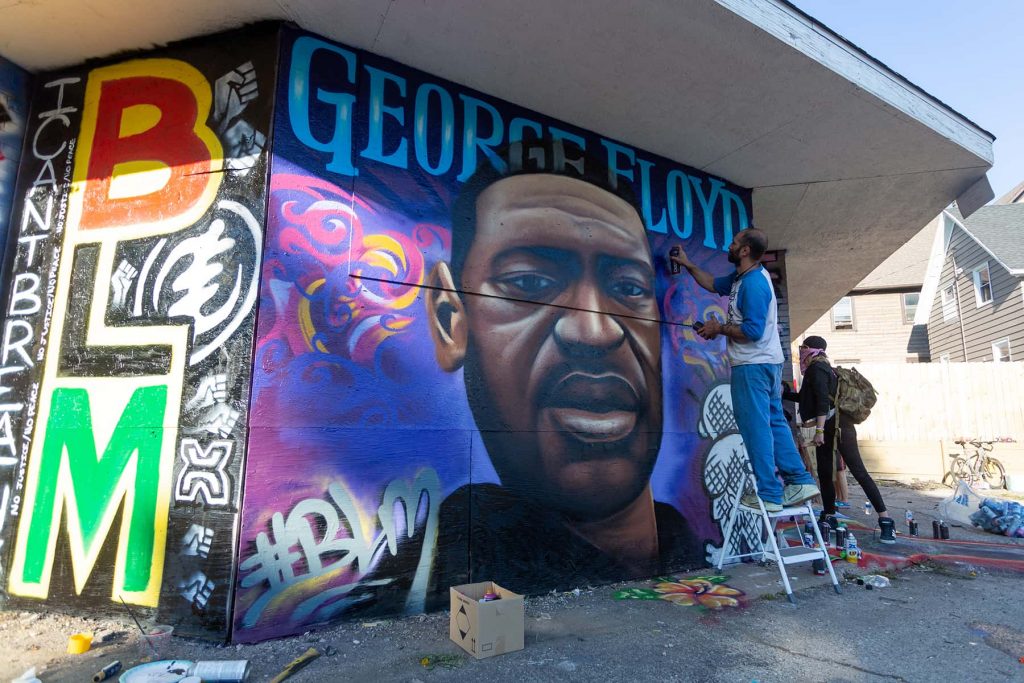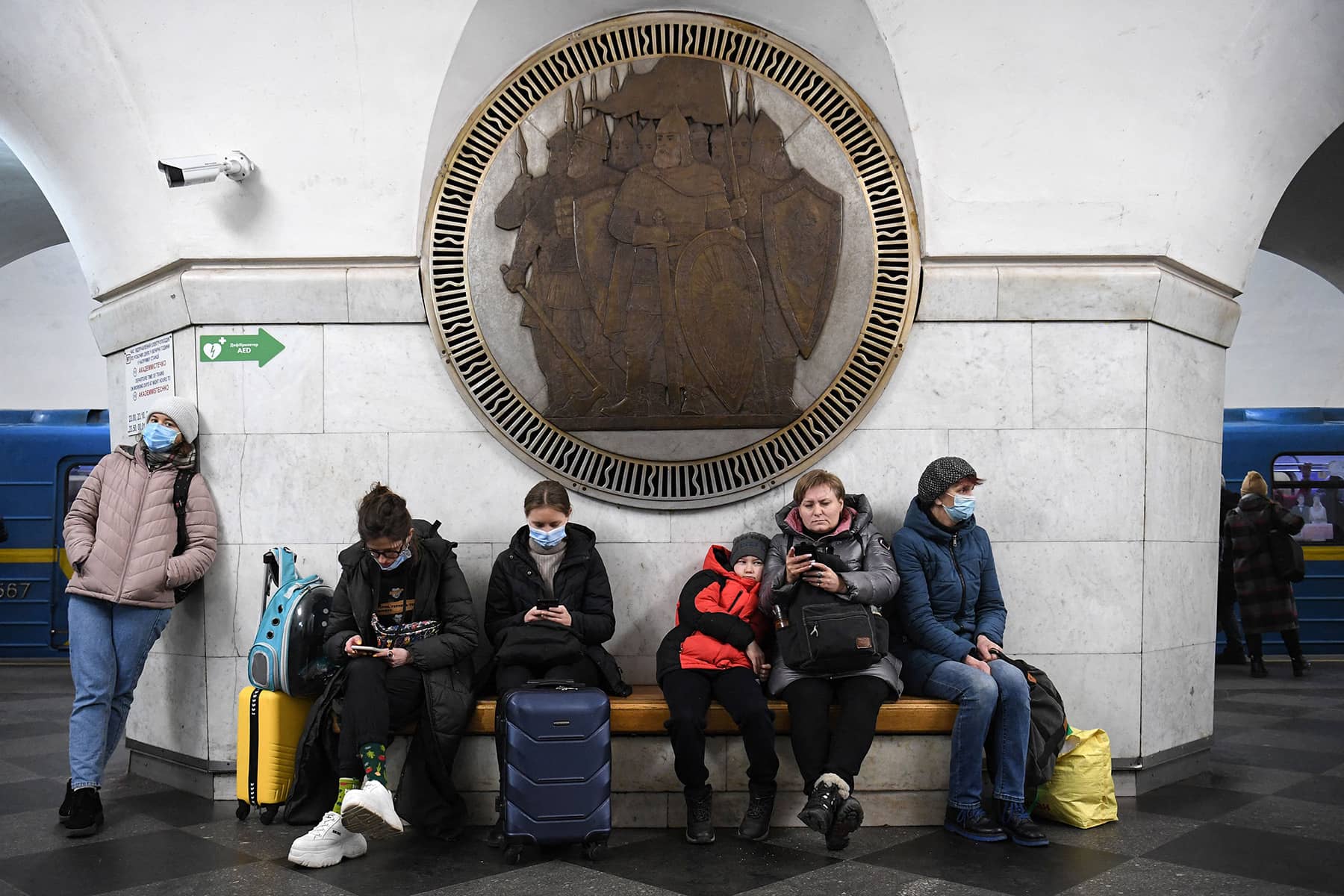
In late February, Kyiv resident Serhii Fokin had a tough decision to make: walk into a bomb shelter during an air raid and risk infecting those around him, or stay at home, risking being killed by a Russian missile. Fokin chose the second option, staying in his apartment’s corridor near a bearing wall, known to resist blasts better than others.
Medical masks and social distancing have become a thing of the past in Ukraine ever since Russia launched its all-out war against the country on Feb. 24. The precautionary measures recommended during the pandemic have largely been neglected by Ukrainians, who are now focused on saving their lives from constant shelling and other attacks.
But the virus has not disappeared.
By the time the further Russian offensive began, only 38% of Ukrainians had been fully vaccinated, according to the Health Ministry, and over 646,000 active coronavirus cases were reported as Russian troops rolled into Ukraine.
Only a day before the invasion, on February 23, over 25,000 new COVID-19 cases were registered in Ukraine.
According to the World Health Organization, Ukraine is coming off one of its worst waves of coronavirus since the pandemic began. Like many other countries, Ukraine experienced a surge in the number of cases due to the spread of the Omicron variant. The latest peak was in early February.
By mid-February, 60% of COVID-19 tests conducted in the country were positive.
Fokin learned about his positive result on Feb. 24, the first day of Russia’s all-out war. Kyiv was already being bombed, but laboratories were still operating and offered testing.
Fokin did not inform his family physician that he was sick because he thought there was no need to take sick leave during the war. Besides, “the doctor already had a lot on his plate,” he said.
Still, Fokin was afraid that in case he did need medical assistance, it would be impossible to get it.
“There were no complications, but I was very afraid there would be in this situation,” he said.
On the second night of the offensive, Fokin heard multiple explosions in Kyiv. He saw his neighbors running to the bomb shelter, visibly panicking. However, no matter how scared he was, joining them wasn’t an option for Fokin. He said that at the moment he had a persistent cough, and the risk of infecting everyone in the shelter was too high.
Fokin was also worried that he would not be able to sleep on the floor in the shelter, which would be too much stress for his already weakened body.
“Dying from bombing is just a possibility,” he said, while not sleeping well could also add to his deteriorating health.
WHO experts say that war creates favorable conditions for infectious diseases to spread, as shelters are densely crowded, and access to hospitals is limited, since war-related injuries become a priority.
As of March 6, 34 Ukrainian hospitals have been damaged or destroyed by Russia’s war, according to Health Minister Viktor Lyashko. The Health Ministry also reported attacks on cars with oxygen for COVID-19 patients.
Though some laboratories and hospitals are out of operation, on the 15th day of the war, March 10, the Health Ministry registered 6,700 new COVID-19 cases. Some 5,700 patients were hospitalized on the same day.
Another Kyiv resident Kateryna Ilchenko got infected in a bomb shelter during the first days of the full-scale invasion. There were about 30 people hiding from shelling in one space.
“The space was quite large, but there was almost no ventilation,” Ilchenko told the Kyiv Independent.
After getting infected, she continued going to the shelter following air raid alerts, but said she was constantly wearing a mask.
Ilchenko didn’t do much to treat the virus, just drinking more hot liquids than usual.
“To be honest, COVID-19 was not my biggest concern,” she said. As her mother was stuck in Irpin, a satellite city outside of Kyiv that has been a hot spot of Russia’s war, Ilchenko couldn’t focus on taking care of herself while being worried about her mother, whose whole life was in danger.
Though the spread of COVID-19 in Ukraine amid Russia’s war might seem like a local problem, it could affect the pace of the pandemic way beyond Ukraine’s borders.
More than 2.5 million refugees have already fled Ukraine with most of them going to Poland, according to the United Nations refugee agency. According to the agency’s estimates, that number may grow to as many as 4 million people.
Thаіsа Sеmеnоvа
Zоyа Shu, Chris McGrаth, and Dаniеl Lеаl
Originally published on The Kyiv Independent as Covid-19 patients face dilemma of infecting others while hiding in bomb shelters
Help maintain a reliable news source in Ukraine by supporting the Kyiv Independent, an English-language media outlet created by journalists who were fired from the Kyiv Post for defending editorial independence. Donations can be made via patreon or gofundme.

